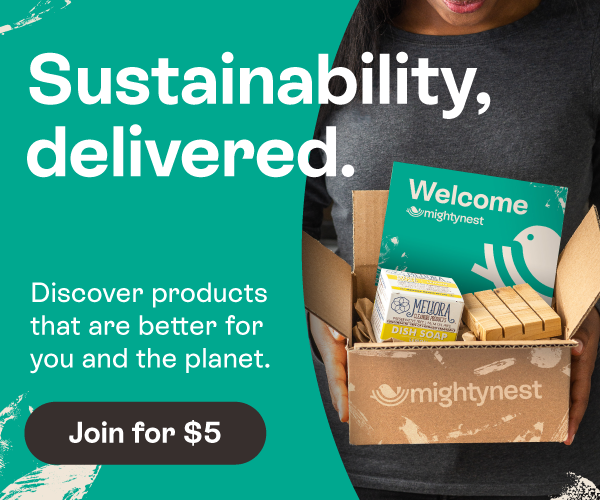
The Atlantic published an article by Elizabeth Grossman yesterday which is one of the best summaries we have seen tying together the ubiquity of BPA, the potential risks posed by BPA, the challenges of eliminating BPA, and the lack of research that has been done on the rush of new plastics that are coming to market that are BPA-free. It is that last portion that we bolded that really caught our attention.
To outline the concern, the author focused on one popular BPA-free plastic replacement called Tritan. As she calls out in the article, the point is not to pick on Tritan but instead to use it as an illustration of the broader problem. Here are a few quotes:
- "among the more widely used plastics now marketed as "BPA-free" is Tritan copolyester"
- "sales of Tritan copolyester quadrupled between March of 2009 and March 2010"
- the "Material Safety Data Sheets (MSDS) for 23 different compounds sold under the Tritan copolyester name (each intended for different product applications)…list no toxicity data and note that the compounds' environmental effects have not been tested."
- "it's entirely permissible to launch a new material into high-volume production without disclosing its precise chemical identity or any information about its toxicity."
- "despite EPA and FDA policies that support "safe" alternatives to a chemical of concern like BPA, neither federal agency conducts safety testing of new materials destined for consumer products before they come on the market.
The bolded statement above really stands out to us. Our combined takeaway is that BPA is a very disconcerting chemical, but in several cases the plastic alternatives to BPA also contain synthetic chemicals that we know very little about.
When we started MightyNest, one of the topics we spent considerable time discussing was plastic. It was clear that any plastic we decided to carry would be BPA, Phthalate, PVC, formaldehyde and lead free. What we were trying to decide is whether to carry products made of "safe" plastic at all. We ultimately decided to avoid plastic as much as possible. Our common sense told us that BPA was just one of many man-made synthetic chemicals in plastic, and we knew as the article above illustrates, that many of them are untested. In our gut we felt there would be more "BPA" like chemicals uncovered in the future. We decided it was our job to help our customers protect their families not only from today's concerns but to do our best to help them avoid tomorrow's concerns as well. I think about this decision almost every day when I walk into the warehouse and how thankful I am that we went this direction. While we do carry items that have components that are made from BPA-free plastic (like the lid of a water bottle) the core components of our products are made from high quality and safe materials like glass, stainless steel and ceramics.
Our take on all plastics is to play it safe. Wherever possible look for the following alternatives to avoid BPA and other synthetic chemicals:
- Use glass, stainless steel, ceramic or silicone containers.
- Opt for foods packaged in alternatives such as glass jars.
- Avoid canned foods with the highest BPA concentrations: coconut milk, soup, meat.
- Never microwave food in plastic containers.
- Choose frozen vegetables over canned.
- If you must use plastic, know which ones are safer. Here is our guide to plastics.
MightyNest was created to help you keep your family safe. We take our pledge to heart and for that reason we decided from day one to limit plastic in the items we sell to the fullest extent possible. By using safe materials and working with trusted manufacturers, we are aiming to protect you from today's known toxins as well as tomorrow's.
One final thought. As you read the article from the Atlantic, it is easy to feel like BPA is everywhere and nearly impossible to avoid entirely, which can be maddening. We strongly believe that limiting exposure to BPA and other chemicals over the course of a lifetime can make a difference. Try taking whatever steps you can to limit your exposure each day. Over time they will add up for you and your family.
What tips do you have for avoiding plastic?

